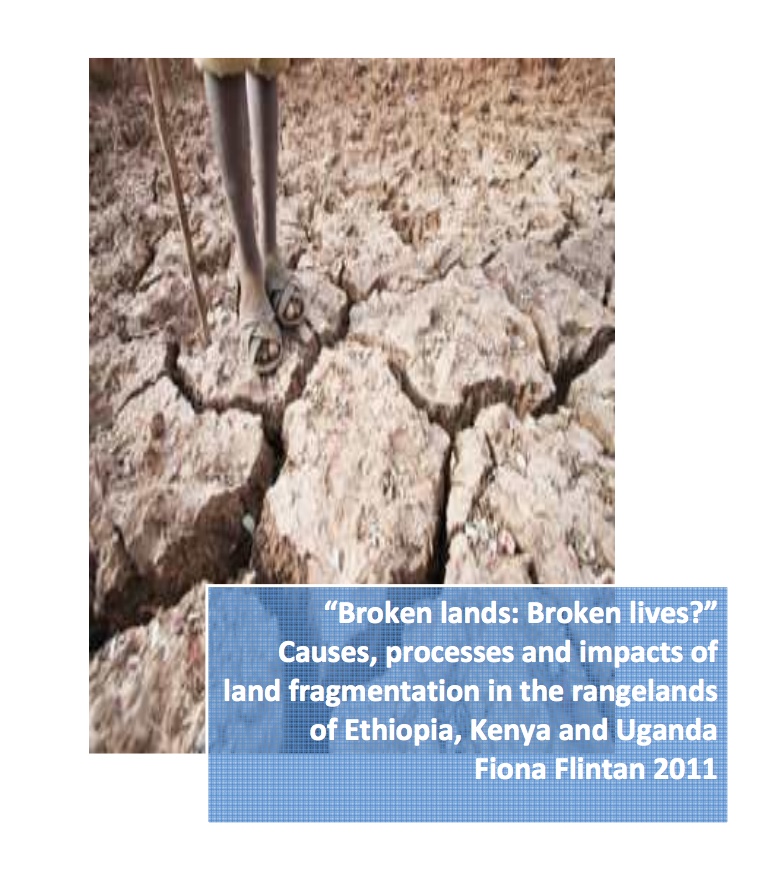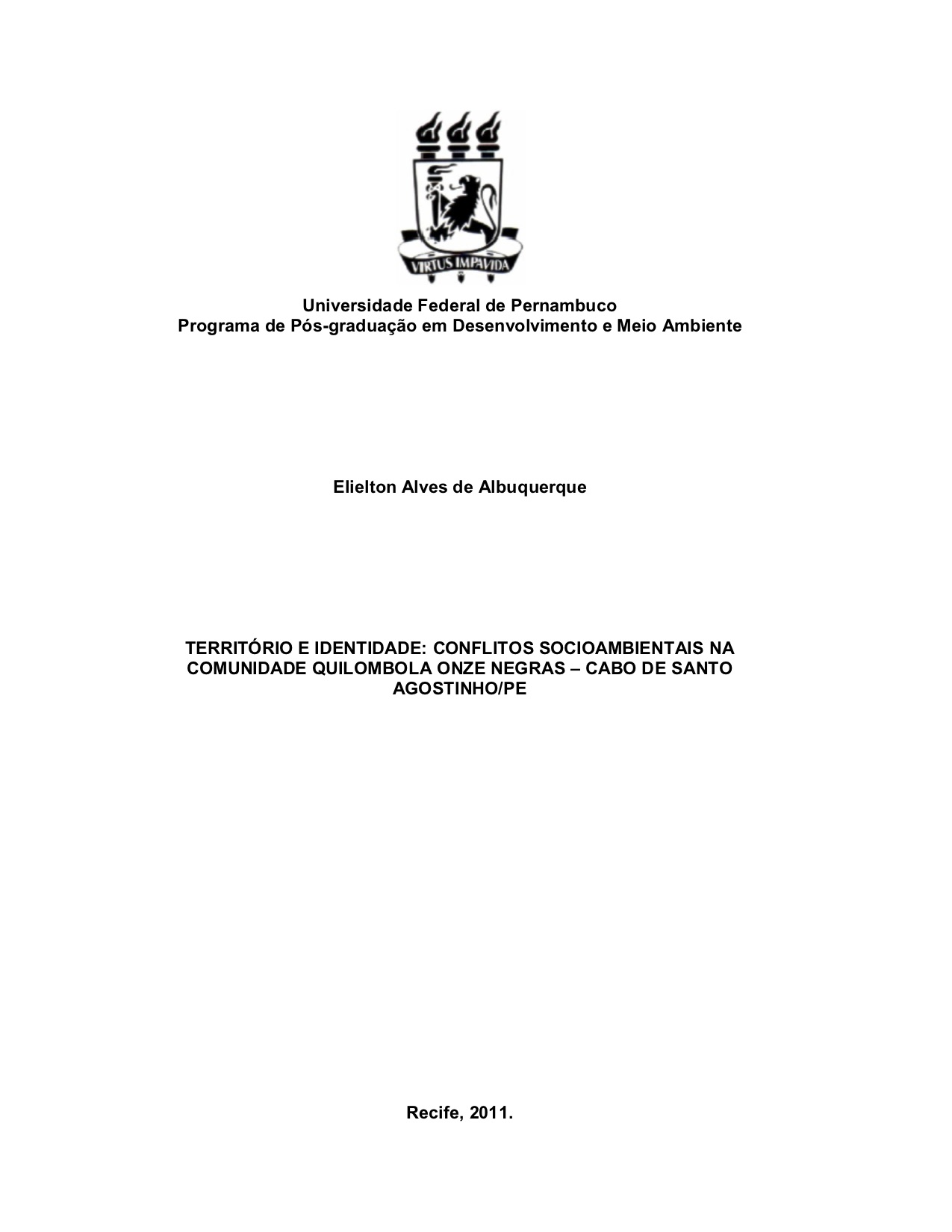Partnership challenges of Community Wildlife Sanctuaries in Laikipia Country, Kenya
This article summaries an assessment of three community wildlife sancturaries in the Naibunga Conservancy in Laikipia - Koija, Tiemamut and Kijabe group ranches, with the objective of determining the reasons for the establishment of the CWSs, the role of partners and the perception of partners to the partnerships. It was found that communities in Kijabe and Koija were not contented with their partners and that they did not trust their partners. Further, despite previous research findings enumerating weaknesses in the sanctuaries, the same problems were identified in this study.







